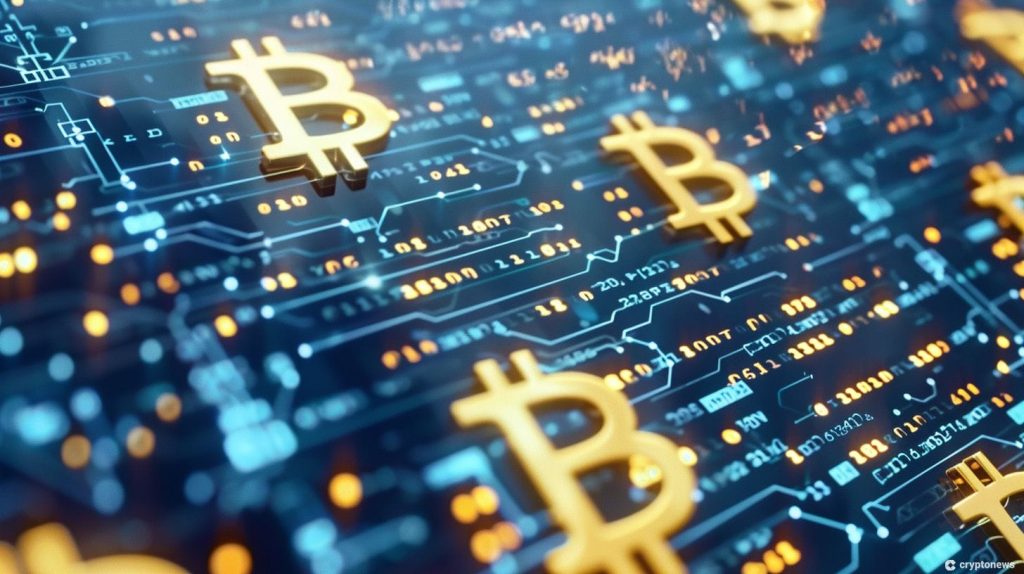In response to the recent enforcement action by the Justice Department against the founders of the popular Bitcoin privacy service Samourai Wallet, Senators Cynthia Lummis and Ron Wyden have raised concerns and urged the DOJ to reconsider its interpretation of the laws governing money services businesses (MSBs). The senators argue that the DOJ’s interpretation threatens to criminalize Americans offering non-custodial crypto asset software services, contradicting both Treasury Department guidance and the intent of Congress. Specifically, the DOJ accused Samourai Wallet of operating an unregistered MSB by allowing criminals to use their service for money laundering through CoinJoin transactions, which enhance user privacy by combining inputs and outputs of transactions into one, making the flow of funds difficult to trace on the blockchain.
The definition of what constitutes money transmission under the Bank Secrecy Act (BSA) is at the center of the legal debate surrounding the DOJ’s actions against Samourai Wallet. The senators argue that clear definitions are required to ensure that entities like internet service providers and postal code carriers are not mistakenly classified as MSBs. They also point out that the definition of money transmission should not apply to crypto wallets where users maintain control of their private keys. The senators warn that subjecting developers of non-custodial crypto asset software to potential criminal liability will hinder innovation and shake confidence in the rule of law.
The crux of the issue lies in the DOJ’s interpretation of what constitutes a money transmitter and whether control of funds is a necessary component of this classification. The DOJ argues that a service does not have to be custodial in any way to be considered a money transmitter, likening money transmission to the transfer of data between devices using a USB cable or the transfer of heat from a stove to a frying pan. This broad interpretation could have significant implications for the crypto industry and developers of non-custodial software services, potentially requiring them to implement KYC/AML measures and register with FinCEN.
In response to the DOJ’s warning to crypto users about the risks of using wallets provided by non-regulated entities, concerns have been raised about potential future prosecutions by the department. The warning suggests that users could lose their funds if they use wallets that are not regulated by the government. This has sparked further debate about the implications of the DOJ’s actions on the broader crypto community and the potential chilling effect it could have on innovation in the industry. Both senators and advocates for privacy and innovation are calling for a reevaluation of the DOJ’s interpretation of the laws governing MSBs and a more nuanced approach to regulating the rapidly evolving crypto industry.
Overall, the actions taken by the DOJ against Samourai Wallet and the broader implications for the crypto community have sparked a heated debate about the legal definitions of money transmission and money transmitters in the digital age. The clash between privacy advocates, innovation proponents, and regulatory authorities highlights the challenges of applying traditional financial regulations to a decentralized and rapidly evolving industry like cryptocurrency. As the debate continues, it remains to be seen how the DOJ will respond to the calls for reconsideration and whether there will be a shift towards a more nuanced and innovation-friendly approach to regulating crypto assets and services.















